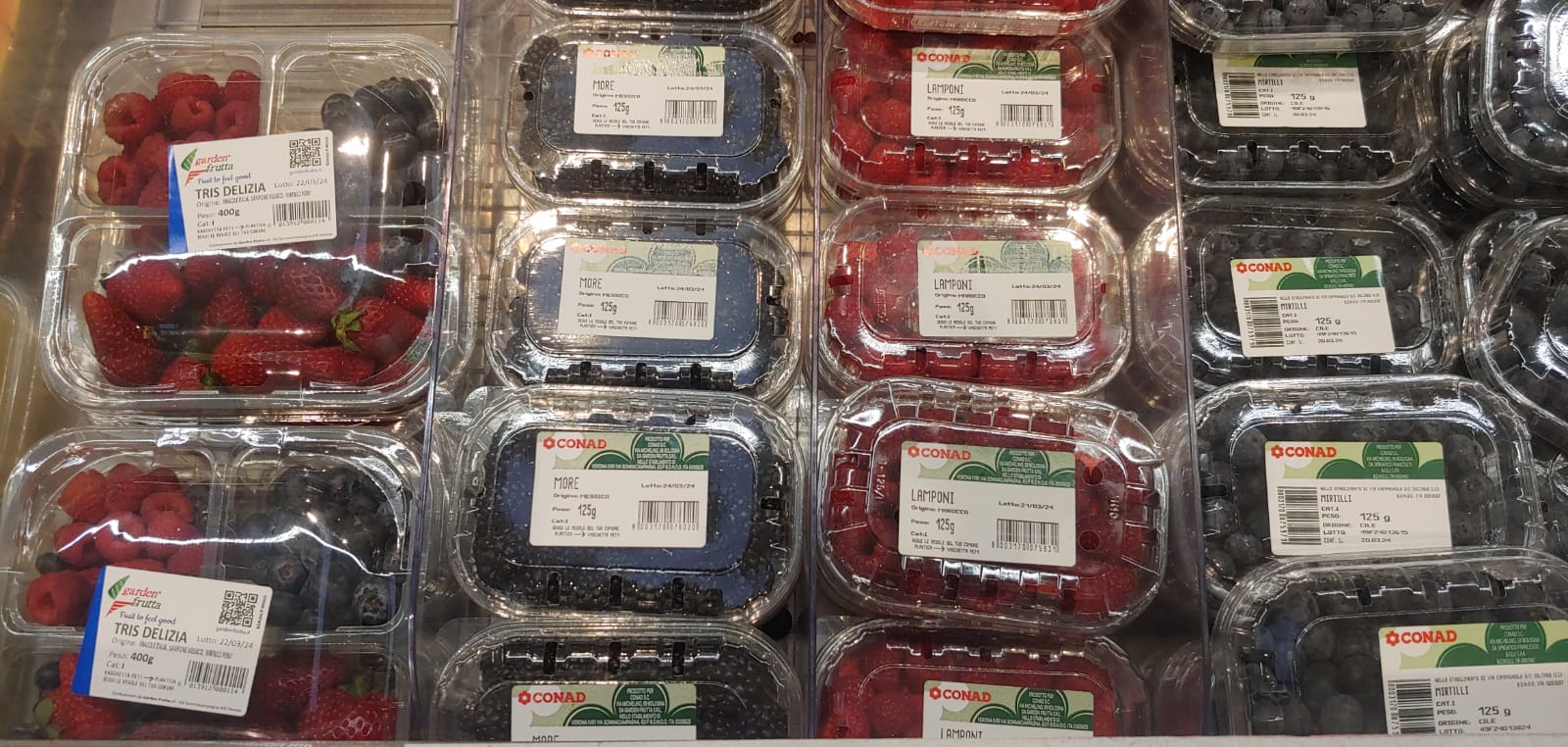Few fruits can awaken such pleasant and profound feelings in the soul as mulberries. Perhaps it is their perishability, which makes them available only in certain places and at certain times of the year, or perhaps it is their so sweet and aromatic taste. The mulberry brings back memories of ancient times, when fruit was an experience linked mainly to the countryside, to nature.
MULBERRIES, AN ANCIENT FRUIT
Teresa Diomede, an agricultural entrepreneur who is very attentive to traditions, passionate about her land and the fruits of her countryside in the fertile land of Rutigliano (Bari), told us about it from her personal experience. Agriculture is her job but also her passion and Teresa demonstrates this in this interview she granted to Italian Berry.
Where did your passion for mulberries come from?
On all the land my family owned, Dad planted fruit trees and olive trees so that in addition to growing table grapes useful for the family's livelihood and economy, he also had fruit for the home table.
Repeated fruit trees on each plot because we were already thinking of a future division between us children and that each of us could, in the future, enjoy our own production of cherries, prickly pears, prickly pears, peaches and even mulberries.
In the division that took place many years ago, my part of the company is the one with the most trees still alive, planted by our father.
Which trees do you have left among those planted by your father?
I had to remove many of the cherries because they impeded the new technique of planting table vines. I cut down the olive trees because they had fallen ill and I suddenly lost the majestic fig tree that had grown near one of the farm's artesian wells.
At this time of year, in addition to a rare variety of small peaches called 'della Maddalena', which are fragrant but very delicate, the cherry trees of the now extinct Montefurio variety and the two majestic white and red mulberry trees, the latter being particularly rare, ripen.



Your mulberries ripen at precisely this time.
Yes, and although they are often both neglected by pruning and watering, every year they give us an exceptional load of fruit, but we often fail to harvest them all because the strong wind, rain and heat damage the delicate berries, causing them to fall from the tree.
I have sometimes tried putting a net underneath it, as is customary for olives, but because of the delicacy of the mulberry tree, the fruit just does not last long once it is detached from the tree.
As soon as they are ripe, they must be consumed, how do you harvest them?
I dye my hands every time I go to eat them like this, directly from under the tree which, because of the huge foliage, also keeps me cool especially on these sunny days.
Sweet and luscious, I sometimes harvest them using an ancient technique, that of shaking the branches of the tree with an umbrella open upside down to receive the fruit. A technique that has now been copied for a few decades for harvesting olives, obviously with an umbrella and shaker large enough to encompass the entire foliage.
How do you recommend consuming mulberries?
Everyone likes mulberries, nice and fresh from the fridge, even if they are not consumed in large quantities because of the sweetness they are made of, there is always the fear that they may be fattening or harmful to those with diabetes problems.
My favourite mulberry is the red one. Dad used to eat a lot of them, even eating them with a spoon like a fruit salad.
Of all the trees Dad planted for the family, mulberries are the ones I particularly cherish because of the sensory memories that eating them awakens in me.







